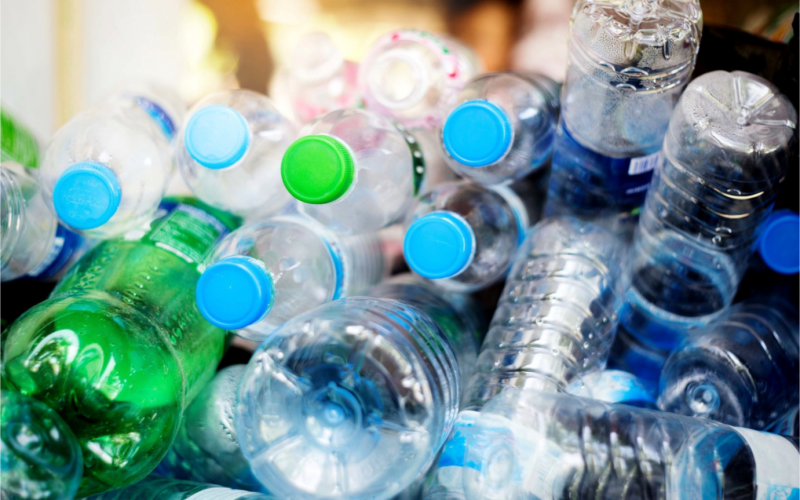Tossing a disposable plastic water bottle into a recycling bin may not seem like a big deal, but it’s vital to remember that recycling is good for you and the ecosystem. One of the most critical industries in the world, recycling has a significant influence not only on our environment but also on other industries throughout the globe. This article will explore amazing facts about recycling. You may be surprised to learn the following facts concerning plastic bottle recycling.
Facts About The Recycling Of Plastic Bottles
Plastic bottles are a primary environmental concern, but companies and consumers may mitigate them. The most significant step you can take is to reduce your dependence on single-use items by recycling plastic bottles at the Calgary bottle depot and manufacturing bottles from recycled materials. To achieve this, we first need to identify the scope of the issue and how the current infrastructure tries to cope with it and substitute this harmful and resource-intensive product. We’ve compiled a list of some intriguing plastic bottle recycling statistics to help you understand the challenges surrounding single-use plastic bottle consumption and disposal and how the future may look without them.
- We can significantly reduce the quantity of waste we generate
According to Plastic Oceans, beverage containers make up about 14% of trash. Litter on streets, waterways, and seas is closely proportional to the number of plastic bottles recycled at a bottle depot in Calgary and globally. It is critical since plastic bottles require about 450 and 1000 years to decompose and not wholly biodegrade, making this a significant issue. Instead, they degrade into microplastics, which pose a threat to human health.
- The biodegradable alternative to plastic bottles is gaining ground
Bioplastics are getting much attention now that they’ve hit the market. Because they are created exclusively from plants, they claim that their bio-plastic bottles utilize 65 times less energy and petroleum to make than PET bottles, which they just began selling. They may also be decomposed within 80 days.
- Bottles are already being recycled at a higher rate than ever – but we still have a long way to go
In 2018, the United States recycled 910,000 metric tonnes of PET bottles and jars, which requires many bottle depot hours, according to the Environmental Protection Agency. It is excellent, but it only accounts for 29.1% of PET produced in the year. It’s essential to continue to promote and practice plastic bottle recycling.
- Infinite recycling of plastic bottles is not possible
While some companies use recycled PET exclusively in the production of their bottles, they cannot reclaim the material itself indefinitely. PET’s lightweight and pliability result from its long, flexible polymer chains present in its initial manufacturing. On the other hand, the recycling process breaks down these polymer chains. Because of the shattered chains, you can no longer use the material to make bottles.
- Recycled bottles utilize 75% less power to produce than fresh ones
Though it doesn’t improve the bottle’s end-of-life difficulties when thrown away, recycling plastic bottles saves considerable energy throughout the manufacturing process. It might take approximately 360,000 automobiles off the road due to this technique, which consumes 75 percent less power for each bottle. Plastic bottles may be recycled and reused in several ways. For example, a new bottle requires six times more water to make than the water it contains.
- A wide variety of goods use recycled bottles
Water bottles of PET (or PETE) are manufactured of rPET (rePET or rPETE), a recycled version of PET. Freshwater bottles, synthetic carpet fiber, tee shirts, furniture, and industrial strapping are all examples of items that use this recycled material. Not only would this save resources and energy, but it also prevents bottles from ending up in landfills, preventing waste from ending up in a hole in the ground.
Conclusion
Manufacturers of plastic bottles seem to be doing their part to decrease trash. Many have lowered bottle weight by up to 30% in recent years, saving millions in packaging. Indeed, recycling at bottle return depot is an essential step in conserving humanity, nature, and environmental assets. Plastic production is something many manufacturers take seriously, and as a result, they provide a wide variety of easily recycled plastic bottles and cans.





